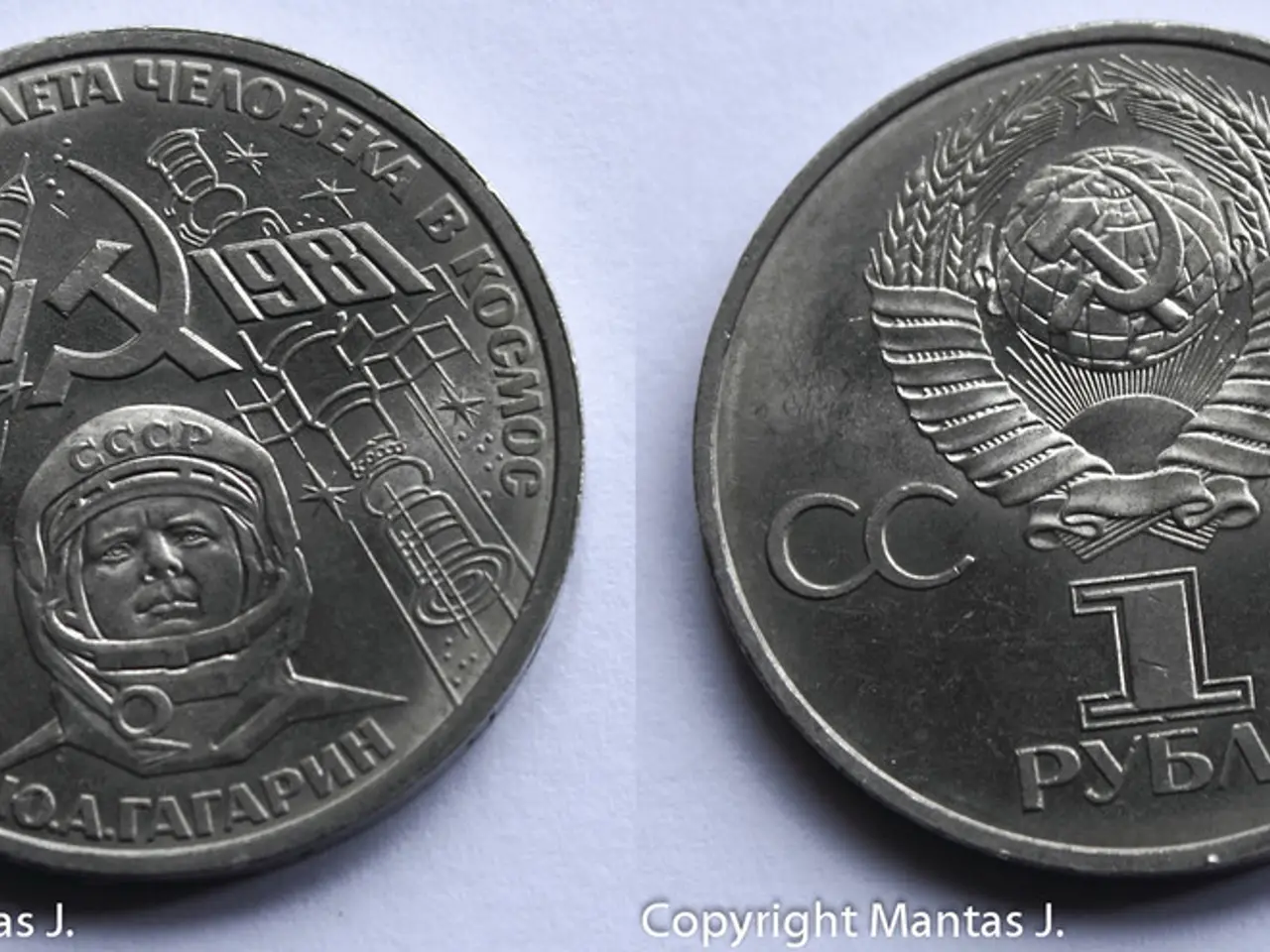Contending Pathways: Bitcoin vs. Alternative Cryptocurrencies
In the first half of the year, the global economy faced significant volatility in macro and geopolitical events. The USD had one of the worst starts ever, with foreigners bailing on US assets on the back of the trade-reset. However, US equities showed resilience, with a V-shaped recovery, despite record losses in March and April, followed by a whiplash-inducing rally to new all-time highs in July.
Meanwhile, emerging market assets remained strong throughout the year. The passage of an aggressive spending Republican budget bill, dubbed the "Big Beautiful Bill," caused a stir, but the impact on these markets was minimal. Rapid escalations and de-escalations of kinetic conflicts between Russia-Ukraine, India-Pakistan, and Iran-Israel added to the global uncertainty.
The year also saw a 1971-like rewriting of the global trading landscape with the "Liberation Day" tariffs. This event, along with the ongoing geopolitical tensions, created a challenging environment for many traditional financial institutions (TradFi).
However, the institutionalisation of crypto has brought a breath of fresh air. BTC, in particular, is expected to continue doing well and making new highs as it becomes an accepted Treasury asset collateral. This shift has led to record-setting open interests across BTC futures and exploding options use.
The current tokenization push has weakened development interest in L2/new chains as more work is done off-chain. Fiat-backed stablecoins have returned the system to a USD-denominated world with strict banking KYC-rails for on/off-ramp. This has been a double-edged sword, as it has helped crypto re-enter the mainstream mindshare with record-breaking ETF inflows and a 180-turn in regulatory and institutional buy-ins.
The crypto space has seen a shift towards a more standard venture capital (VC) roadmap and established names. Regulatory clarity has played a crucial role in this transition. Crypto implied volatility has been on a one-way street down over the past two years, indicating a maturity stage for the asset class.
ETH's success is dependent on how well it executes on its DeFi potential to augment the existing financial system. The first half of the year saw a wave of TradFi-backed projects surface once current regulations became more settled.
Augustine Fan, an experienced professional with over two decades of track record across Wall Street, family offices, private equity, and crypto, is leading this charge. He is the leader of SOFA.org and Partner & CFO of SignalPlus, a leading digital asset software technology for crypto options. Despite a lack of information about his previous institutions, his expertise and leadership are undeniable.
Despite the struggles of existing altcoins with a lack of new capital coming in and slowing on-chain activity, the future of crypto looks promising. The institutionalisation of crypto and the maturity of the asset class bode well for its continued growth and acceptance in the traditional financial world.
Read also:
- Ford Discontinues Popular Top-Seller in Staggering Shift, Labeled as a "Model T Event"
- 2025 Witnesses a 27% Surge in Worldwide Electric Vehicle Sales, Despite Opposition to Electrification Policies in the U.S.
- Summarized Report: Insights from the Realm of Transportation
- Recorded surge in electric vehicle registrations during the initial half of the year







